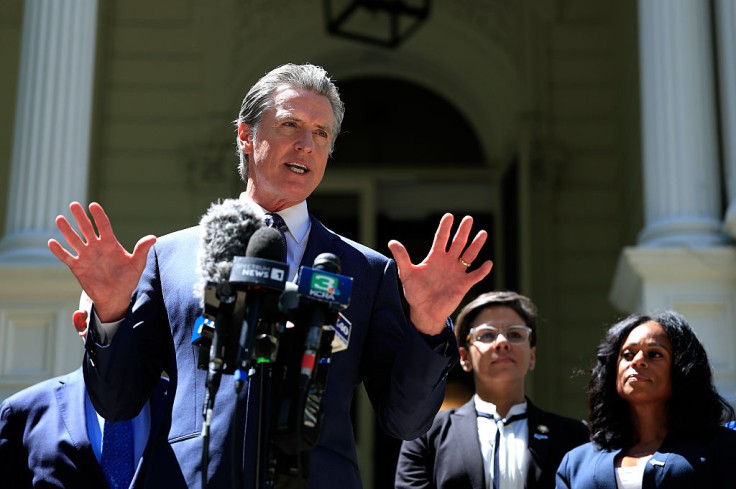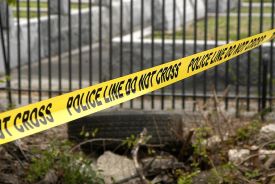Newsom, UC Challenge Trump Over $600M UCLA Grant Freeze in High-Stakes Academic Freedom Battle
By
California Governor Gavin Newsom and the University of California are locked in a high-profile legal standoff with the Trump administration over the fate of nearly $600 million in UCLA research grants. The federal government froze these funds after accusing UCLA of failing to protect Jewish and Israeli students from antisemitic harassment—a move Newsom calls 'extortion' and a dangerous precedent for state and academic independence.
At the heart of the dispute is a new enforcement strategy from the Trump-era Department of Education and Justice Department. Officials allege that UCLA violated Title VI of the Civil Rights Act and the Equal Protection Clause by not adequately responding to a hostile environment for Jewish students. The White House is demanding a $1 billion settlement and sweeping new compliance measures as the price to unfreeze the grants—far more than the targeted remedies usually seen in civil rights cases.
Newsom and UC leaders argue the sanctions are politically motivated, overly broad, and risk turning federal research funding into a tool for Washington to dictate campus policy. 'We won't allow Washington to punish students and researchers for partisan ends,' Newsom declared, vowing to sue and mobilize state resources if necessary to shield UCLA. UC officials say they already enforce anti-discrimination rules and accuse Washington of moving the goalposts, tying crucial research budgets to shifting and sometimes vague compliance demands.
The grant freeze hits hard: it disrupts hundreds of research labs, imperils clinical trials and graduate stipends, and threatens to stall medical breakthroughs. Faculty leaders warn the penalty undermines UCLA's mission and rewards 'hostage tactics.' The University is preparing administrative appeals and possible litigation, while California explores state funding backstops and coalition-building with other universities facing similar threats.
This isn't just a local skirmish. The Trump administration's approach—using funding freezes and billion-dollar settlements—signals a new national template for enforcing campus civil rights, especially around antisemitism, admissions, and policies affecting transgender athletes. Prior settlements with Columbia and Brown sent a message: comply or lose massive federal support. But California's aggressive resistance could inspire other public universities to fight back, testing the limits of federal power over state-run institutions.
The policy stakes are high. The settlement terms would force universities to lower thresholds for what counts as harassment, expand mandatory training, and speed up discipline—all under federal monitoring. Legal experts say these requirements could collide with the First Amendment, as campuses try to balance anti-harassment mandates with free speech protections. There's also a risk that tough enforcement chills political protest and academic debate, especially around contentious issues like Israel-Palestine.
Public opinion is split. Most Americans want strong action against campus antisemitism, but also value free speech and academic freedom. In California, defending the UC system is popular—even among voters who disagree on how to handle campus protests. Nationally, Republicans tend to back tough federal crackdowns, while Democrats are divided between protecting students and preserving university autonomy.
For Newsom, the confrontation is a chance to cast himself as a national defender of academic freedom and California's public institutions, setting him apart from other Democratic leaders who've accepted settlements. For Trump, the case is a campaign-season showcase of 'law and order' on campus and a warning shot to elite universities nationwide.
The legal and political outcome will shape not just UCLA's future, but the rules of engagement for every public university facing federal scrutiny. If California wins, it could blunt Washington's leverage and preserve state control over higher education. If it loses, expect a nationwide scramble as universities tighten compliance—and brace for further federal intervention on everything from speech codes to admissions and athletics.
As the court battle looms, the stakes go well beyond one campus. This is a fight over who sets the rules for American higher education—and at what price.
© 2026 University Herald, All rights reserved. Do not reproduce without permission.








